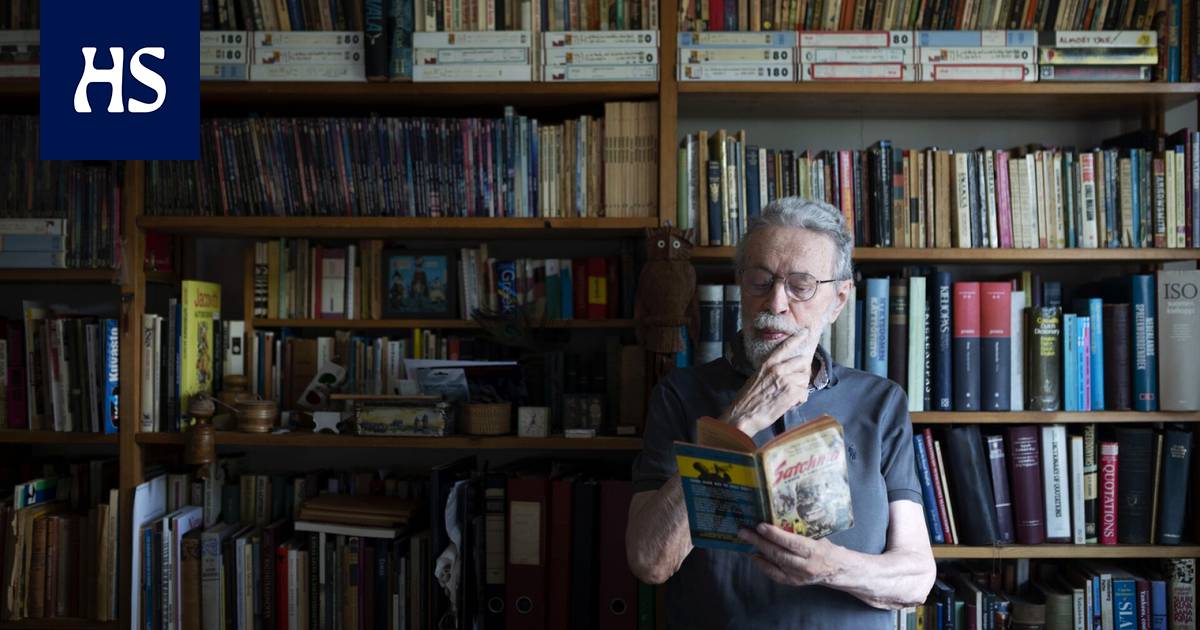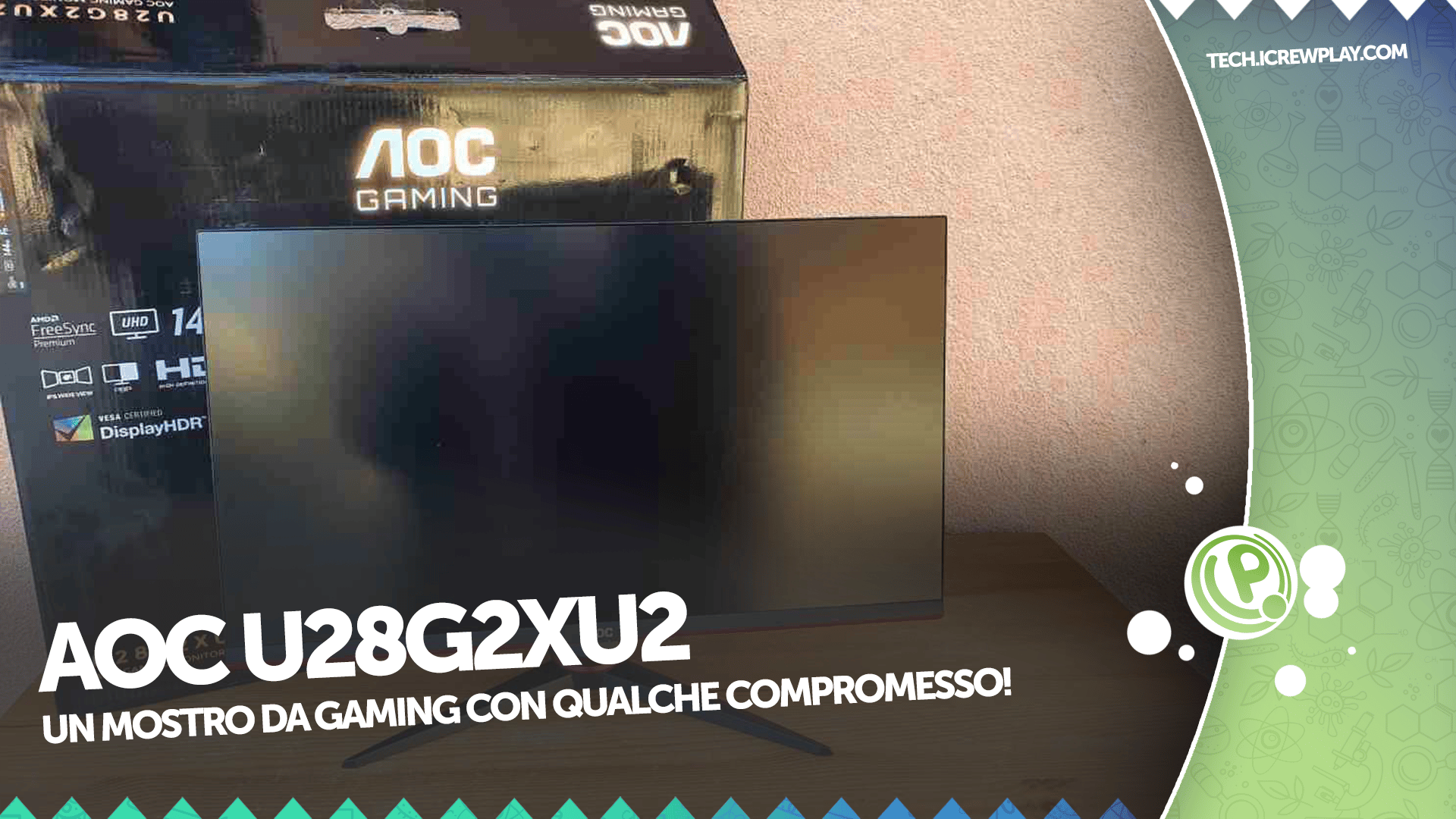“Space, the last of the unfermented raven countries,” Antero Helasvuo said. The Finnish translation is still in use.
Original Star Trek – television series was produced for three seasons between 1966 and 1969. In Finland, it was shown in its entirety by Kolmoskanava 1987–1989. The subtitling of the series was then done by a Finnish translator Antero Helasvuo.
Star Trek during the opening credits of each episode, the now legendary words about the purpose of the journeys of the space-faring USS Enterprise are uttered. Translating them made Antero Helasvuo think.
“‘The final frontier’ is always translated as border region. What is the border region there in space? After all, space is symbolically an unknown forest or desert. Then I wondered if the Finnish would say ‘unfermented raven land’, and I giggled a little to myself when I came up with that!”
The catchphrase “space: the final frontier” got its Finnish form as “space, the last enemy of the unfermented raven lands”.
Immediately the controversial expression is still used on Netflix, where the original series can be seen, and in the new series of the Paramount+ channel Star Trek: Strange New Worlds –, where “enemy last” was shortened to “last”.
Read more: The uncultivated raven land calls again – The new Star Trek series is aware of tradition, for better or for worse
“When new ones are brought to Finland Star Trek -films, the importer is specifically required to use established terminology in the translation, if such exists,” Helasvuo knows.
Helasvuo (b. 1941), who spends his retirement days in Helsinki’s Malminkartano, is not the first Star Trek -series translator. Yle aired the series for eight episodes in the spring of 1974, when it was translated Arja Kuittinen.
Star Trek -universe currently includes twelve series and thirteen movies, and more are coming.
A few films had already been made when the series was shown for the first time entirely in Finland and Helasvuo began its multi-year project. With that, he himself ended up visiting gatherings of fans of the series.
“The job was given by someone who distributed translation tasks at Kolmoskanava Raija Penttiläa very nice person who somehow sensed that sci-fi could be my thing,” says Helasvuo.
“Of course I knew Star Trek cult fame but I wasn’t terribly interested in it. Somehow, however, the series opened up immediately, and I realized that this must be taken seriously. Mostly sci-fi films were made cheaply and they were rubbish in terms of content”, laughs Helasvuo.
“Nevertheless, I held in great value, for example Jack Arnold’s madness. I still felt that the classic film was the greatest Forbidden Planetwhich I happened to see already as a young man.”
The fully packed shelves in the home study contain both American science fiction and European comics.
Word “starship” is usually translated as “spaceship”. Helasvuo was surprised by the avoidance of the term “spaceship”.
“After all, there is a captain and a first mate and various officers. Star Trek to the creator To Gene Roddenberry was influenced by the Horatio Hornblower book series and the entire hierarchy of the British navy,” says Helasvuo.
“On the other hand, the creators of the series had also coined new words, such as Phaserwe had to think about them.”
Handgun “phaser” became “phase”.
Programs Helasvuo could be watched in miserable 16-millimeter film copies on viewing tables.
“Dialogue texts sent from the United States may have been full of errors and omissions. Then the film was rotated back and forth. Time passed, no details were seen, we strained our ears to listen to what was said in unclear parts.”
And the translator’s work by no means ended when the translated text was ready.
“At that time, all translations had to be scheduled manually during live broadcasts. When the program came out, the translator was sitting in the booth pressing the button so that the lines would always come out in the right place.”
“Only later was the work automated so that the translator coded the translation according to the time codes.”
Although the work was challenging, Helasvuo had very warm memories of the work communities both at Yle and at commercial television.
“We spent time together, both regular people and freelancers. We also had a good collective agreement, which you would hardly even think about these days. We had almost the same status as senior citizens, we also accumulated pension contributions from work.”
It was also agreed that if the program was later shown on another competing channel, the same translation could be used.
To be a translator Antero Helasvuo ended up partly by chance. He studied camera art at the Academy of Arts and Crafts and worked in the 1960s as a director Maunu Kurkvaaran as an assistant.
On a long hitchhiking trip made in the Beatnik spirit, Helasvuo ended up going around the Mediterranean by road.
“Perhaps my gift of good sleep was born on that trip, when we had to sleep on rocks on the bed of a truck along some part of Turkey,” he says and laughs.
“And on the way back to Finland, I got stuck in Antwerp for a few years. That’s where I learned Dutch, and also French when I worked in a restaurant.”
His career as a TV translator later started precisely because of his knowledge of Dutch.
“Yle broadcast many Dutch children’s programs at the time, and my friend, the editor of Koulutelevision Sakari Salko, invented asking me to translate them. I think I was the only Dutch translator for the Finnish side of Yle for a long time.”
Helasvoo did not specialize in any type of program, but Finnish series and films, documentaries and factual programs, from which he felt he learned a lot.
In particular, he still gives value to the modern translations of Yle’s programs, but he doesn’t really follow the fragmented delivery of advertising-funded channels.
After the television years, Helasvuo has continued to translate books, which has been a pleasant and inspiring activity even in retirement.
“I have mostly translated what has been offered, less fiction and more non-fiction books about political history, among other things. Anne Applebaum I have translated a few works, and one, The Gulag – the history of an archipelago of prison campswill come next fall,” he reveals.
Star Trek, Netflix. Star Trek: Strange New Worlds, Paramount+.
#Television #Finnish #writer #Antero #Helasvuos #insight #opening #words #Star #Trek #remained #alive #chuckled






/s3/static.nrc.nl/images/gn4/stripped/data114523001-1ffee6.jpg)


